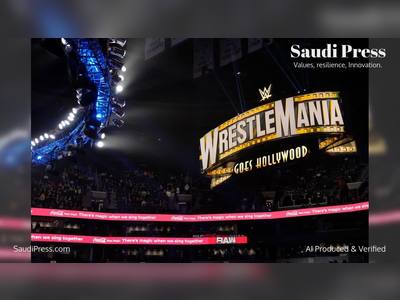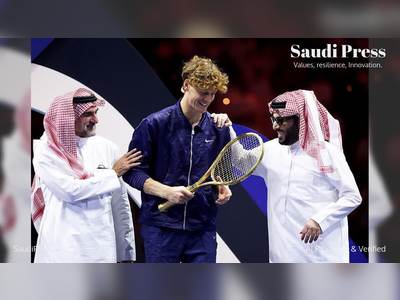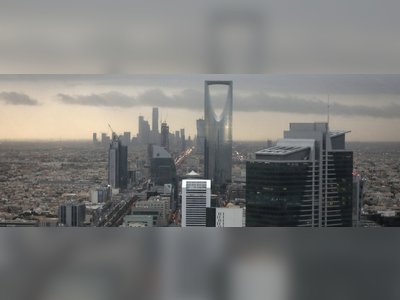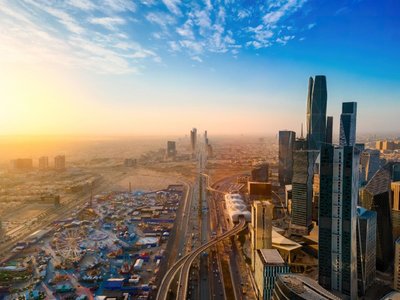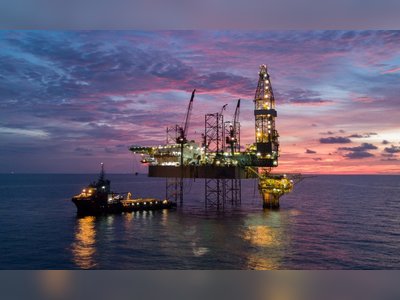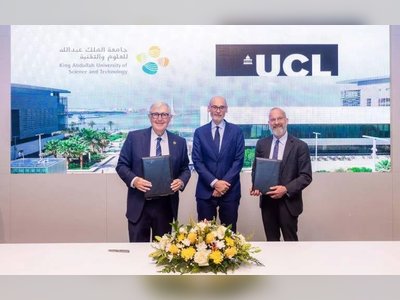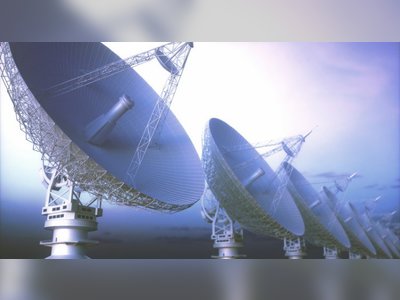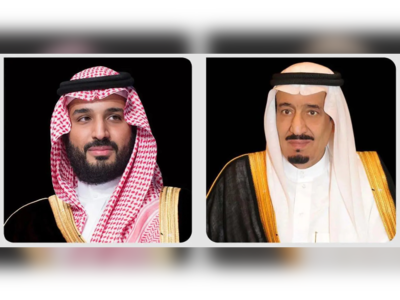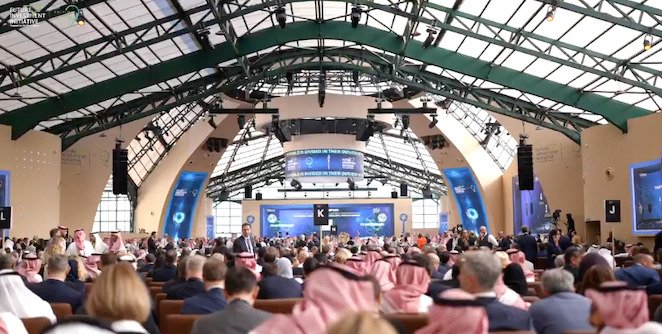
Saudi Arabia Positions Investment Hub as Path to Middle-East Peace
Riyadh’s global investment forum underscores economic engagement over military force as regional strategy
In Riyadh last week, the ninth edition of the flagship investment gathering convened more than six hundred speakers across two hundred-plus sessions, signalling Saudi Arabia’s ambition to become a central platform for regional diplomacy through capital and commerce.
The event drew high-level figures from politics, business, and investment, underscoring the Kingdom’s evolving role in shaping Middle-East dynamics.
Participants moved beyond closed panels into cafés, public venues and local infrastructure, immersing themselves in the city’s wider socio-economic transformation.
Observers and guests alike noted that such everyday interactions are integral to understanding the Kingdom’s system of growth and engagement—offering a window into how investment is being treated as a lever of influence.
A dinner table conversation proved illustrative.
Among the guests was a senior figure at the global monetary institution, who observed that neighbouring Syria, in its efforts to reintegrate into regional diplomacy, chose Saudi Arabia as its interlocutor and platform.
That choice, according to the guest, reflects Riyadh’s growing soft-power effect: economic rather than coercive influence.
At the forum, deals totalling more than sixty billion dollars were announced, adding to over two hundred-fifty billion signed at previous editions of the event.
These sums are not simply financial; they reflect a strategy in which infrastructure, investment and private-sector cooperation are positioned as the building blocks of regional stability.
One of the featured moments came when the Syrian President joined the Crown Prince of Saudi Arabia and the President of Kosovo at a trilateral meeting during the forum, in which Syria formally recognised Kosovo—an outcome welcomed by Riyadh as part of a broader vision linking the Middle East to the Balkans and beyond under an economic banner of ‘‘stability through development’’.
Meanwhile, the Kingdom reported foreign direct investment inflows of 31.7 billion dollars in 2024 and stated that non-oil sectors now account for fifty-six per cent of its gross domestic product, indicators that the shift from a rent-based economy to a productive, diversified one is gaining traction.
Against the backdrop of regional conflicts that have battered several states, Riyadh is advancing an investment-based foreign policy and promoting what it calls ‘‘quiet power’’ rather than overt military engagement.
By emphasising an open economic architecture—inviting partnerships in green energy, artificial intelligence and infrastructure—Saudi Arabia aims to create networks of interdependence that reduce the likelihood of conflict.
The forum’s broad agenda drew actors from across the spectrum and fused investment, diplomacy and security into a single strand of strategy.
As the Kingdom advances its economic footprint, the message is clear: in this era, power may manifest less in artillery and more in alliances of capital, innovation and shared growth.
The event drew high-level figures from politics, business, and investment, underscoring the Kingdom’s evolving role in shaping Middle-East dynamics.
Participants moved beyond closed panels into cafés, public venues and local infrastructure, immersing themselves in the city’s wider socio-economic transformation.
Observers and guests alike noted that such everyday interactions are integral to understanding the Kingdom’s system of growth and engagement—offering a window into how investment is being treated as a lever of influence.
A dinner table conversation proved illustrative.
Among the guests was a senior figure at the global monetary institution, who observed that neighbouring Syria, in its efforts to reintegrate into regional diplomacy, chose Saudi Arabia as its interlocutor and platform.
That choice, according to the guest, reflects Riyadh’s growing soft-power effect: economic rather than coercive influence.
At the forum, deals totalling more than sixty billion dollars were announced, adding to over two hundred-fifty billion signed at previous editions of the event.
These sums are not simply financial; they reflect a strategy in which infrastructure, investment and private-sector cooperation are positioned as the building blocks of regional stability.
One of the featured moments came when the Syrian President joined the Crown Prince of Saudi Arabia and the President of Kosovo at a trilateral meeting during the forum, in which Syria formally recognised Kosovo—an outcome welcomed by Riyadh as part of a broader vision linking the Middle East to the Balkans and beyond under an economic banner of ‘‘stability through development’’.
Meanwhile, the Kingdom reported foreign direct investment inflows of 31.7 billion dollars in 2024 and stated that non-oil sectors now account for fifty-six per cent of its gross domestic product, indicators that the shift from a rent-based economy to a productive, diversified one is gaining traction.
Against the backdrop of regional conflicts that have battered several states, Riyadh is advancing an investment-based foreign policy and promoting what it calls ‘‘quiet power’’ rather than overt military engagement.
By emphasising an open economic architecture—inviting partnerships in green energy, artificial intelligence and infrastructure—Saudi Arabia aims to create networks of interdependence that reduce the likelihood of conflict.
The forum’s broad agenda drew actors from across the spectrum and fused investment, diplomacy and security into a single strand of strategy.
As the Kingdom advances its economic footprint, the message is clear: in this era, power may manifest less in artillery and more in alliances of capital, innovation and shared growth.
